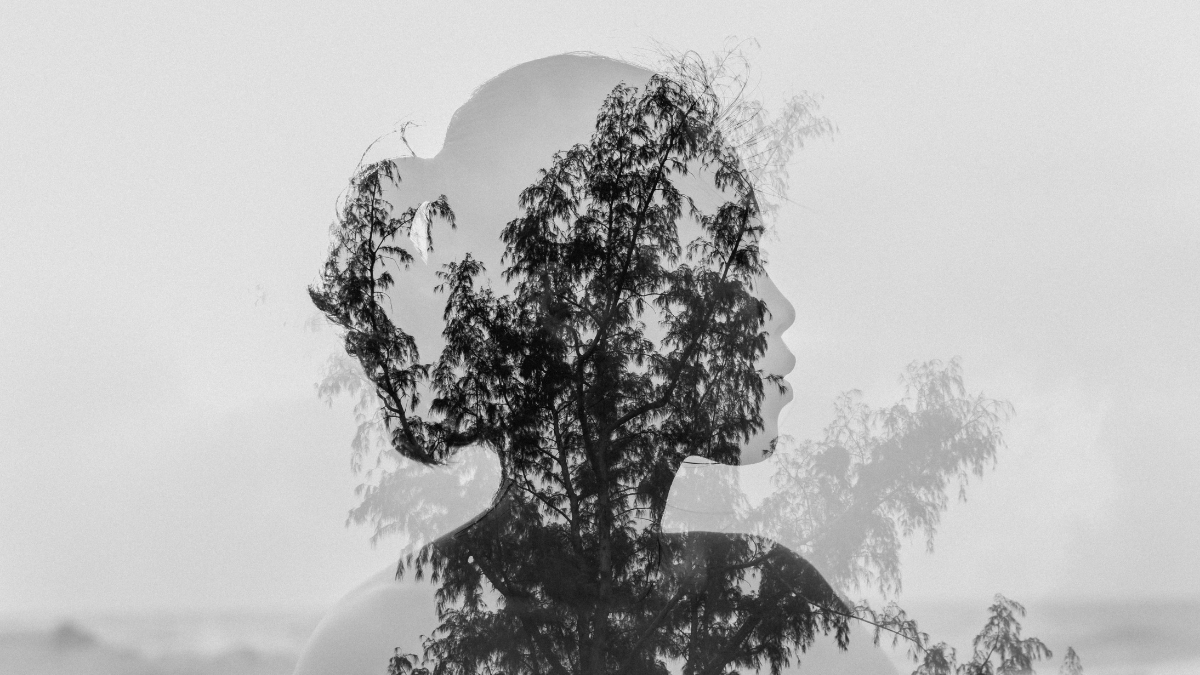Navigating mental health as an Asian femme
by Kayla Adara Lee
Photo by Nguyễn Thanh Ngọc for Pexels
TW: Discussion of harassment
The first time a white man showed any interest in me was in a sleepy hotel lobby at the tender age of ten. He sat down across from me and asked, just how much would it cost to take me upstairs?
My father, understandably upset on my behalf, got into a shouting match with the stranger, who took a drunken swing at him. And as I was leaving, another white man stopped me just before I got to the door, telling me it was incredible how fast the colour drained from my face at those first few words, how I should be an actor later in life. He had seen this all unravelling and rather than decide to help, filmed it on his phone.
This was the moment I learned that the pain, the sorrow, and the trauma of people like me was nothing more than a story to many people in the world. That, as an AFAB Asian, I was subject to perpetual objectification; seen as an oriental curiosity to be spoken over.
The recent slew of anti-Asian hate crimes, most notably against Asian women, has only confirmed that Asian femmes suffer an enormous amount of scrutiny. We are but little lotuses, voiceless darlings to be infantilised and taken control of. We are cold dragon women, emotionally unavailable villains whose agency is a threat to all good white men. We are seductresses, tempting those same good white men into a state of sexually induced psychosis that allows them to kill, rape, and abuse us.
These stereotypes all have a tremendous impact on the psyche. Frequent disassociation is a common side effect-slash-coping mechanism, and so is the constant, worrying need to hyperfocus on any white, male threat that could come to you at any time. Top it all off with generational trauma, and you have a whole cocktail of issues.
There was a time when I was in a very dark space and thought speaking up for my people would help me reclaim my identity and peace of mind. That by taking the time to patiently explain micro-aggressions to strangers online, I was absolving other people like myself of their pain. But in truth, I was only worsening my own.
It is exhausting to try and explain your own trauma, let alone the trauma of an entire community, to people who don't understand or even contribute to it. As a mixed Asian myself – a minority within a minority – I am further distanced from specific brands of trauma and harassment that East Asians speak up about, or the very image of Asian victimhood in itself.
Asians should not have to compromise their own mental health for the betterment of their peers or their future, nor assume a monolithic identity for the sake of superficial representation.
The question we should all be asking ourselves is how we can best uplift and listen to Asian voices so as to provide them with the resources to navigate their trauma, and not continue to drown them out.
Kayla Adara Lee
Kayla Adara Lee (she/zie) is a Hong Kong-based writer, student, and Haraway enthusiast of Southeast Asian descent. You can find her at @kadaralee on Twitter and all other platforms.
Follow Kayla’s work on Medium
Image: Deden Dicky Ramdhani for Pexels


